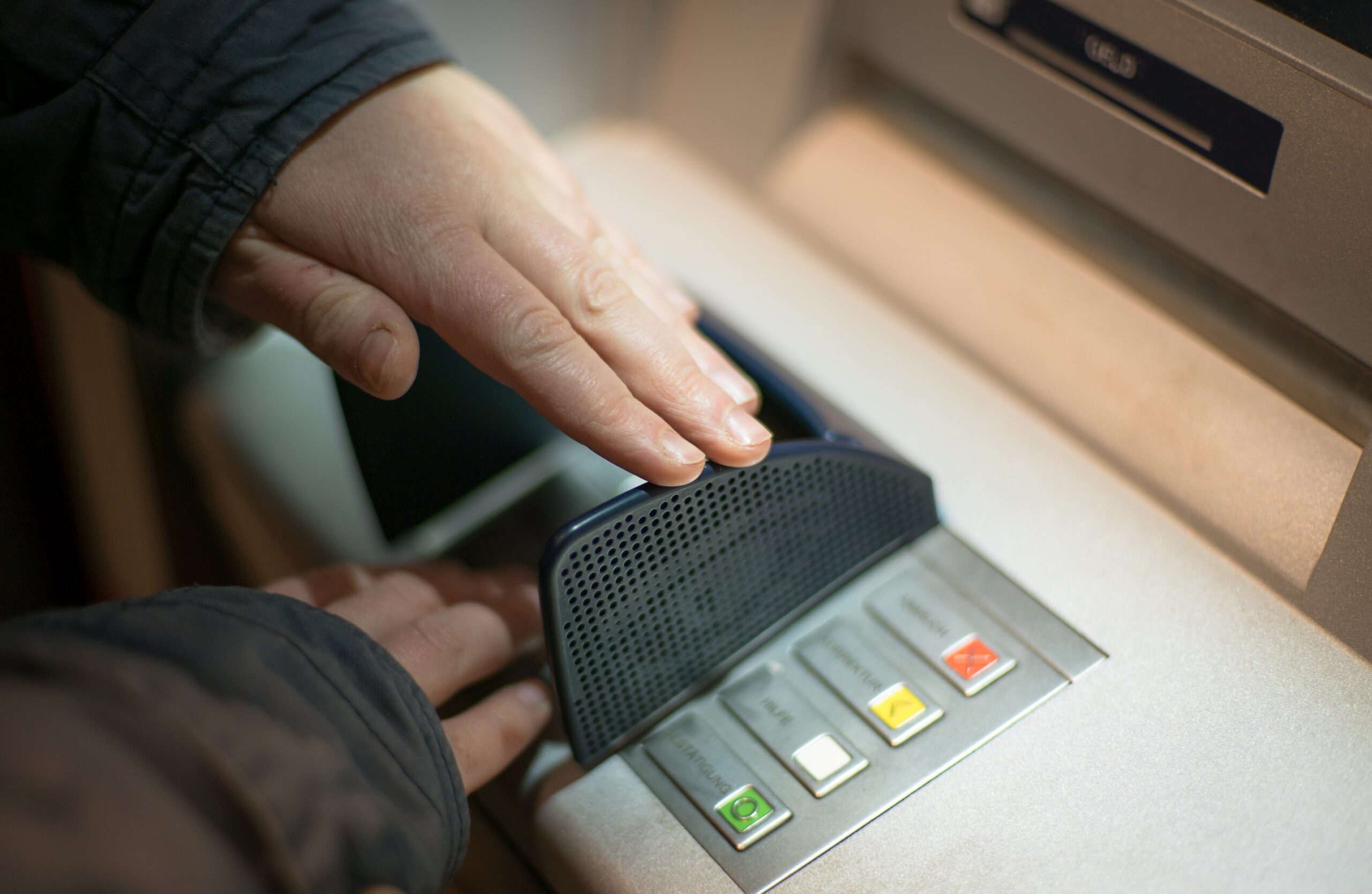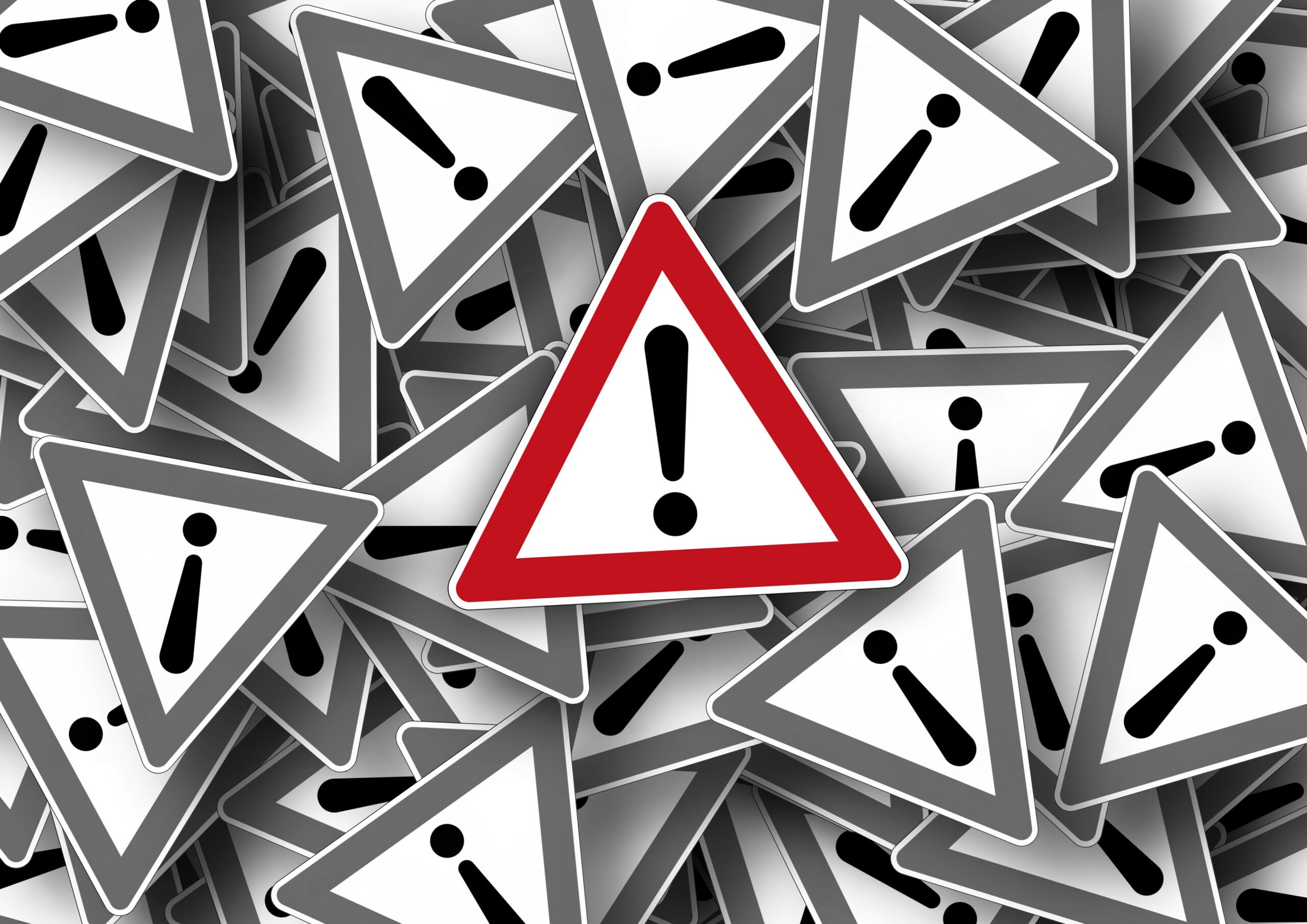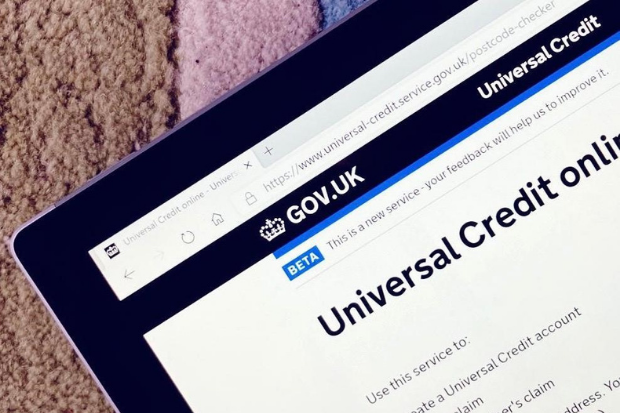All-party group encourages the implementation of a tax on online firms’ profits to fund initiatives to improve young people’s mental health
Credit: PA
Social media addiction may need to be classed as a disease to combat a “crisis” in young people’s health, MPs have said.
In a new report, the all-party group on social media and young people’s mental health and wellbeing warned that heavy users of sites like Facebook, Instagram and YouTube were putting themselves at greater risk of mental health problems.
And they said that the current rules regulating big tech firms risked “failing” young people.
The group has joined calls for ministers to impose a new “duty of care” on social media firms to force them to take the wellbeing of their users into account. The MPs also encourage the introduction of a tax on social media firms’ profits to fund the provision of advice and guidance.
And they have urged the government to look into whether the “addictive” nature of social media sites means over-use should be officially classed as a disease by the World Health Organisation.
In a piece written for PublicTechnology sister publication PoliticsHome, Labour MP Chris Elmore, who chairs the group, said ministers were “only just facing up to” the problem of harm caused by social media.
Related content
- MPs make urgent call for social media regulator
- Social media not a ‘serious threat’ to court hearings, government concludes
- Hancock warns social media sites to remove harmful content or face new legislation
“One particularly startling finding was that the percentage of children experiencing mental health issues more than doubles among youngsters who spend three or more hours per day on social media compared to those who aren’t signed up to these sites,” he said. “Add to this the prevalence of body-shaming online, a deeply worrying 46% of girls who responded found that social media had a negative impact on their self-esteem.”
The call for tougher action on social media giants follows an outcry over the death of 14-year-old Molly Russell, who took her own life in 2017.
After her death, her Instagram account was found to contain self-harm related material, and her parents have suggested new laws may be needed to combat exposure to suicide and depression-focused content.
Pointing to her case, Elmore warned: “I fear that this experience online is not atypical and highlights the very real dangers out there to young and impressionable people. For me, tragedies like Molly’s underline exactly why it’s vital the government takes real and meaningful action to get to grips with the crisis unfolding online, but away from the eyes of parents and politicians – it is a scandal hiding in plain sight.”
The group has also urged ministers to set up a new ‘Social Media Health Alliance’ to carry out detailed research and establish “clear new guidance” on social media use.
They want the new initiative to be funded with a 0.5% levy on the profits of social media companies.
“It’s essential that we urgently commission robust research into the impact social media is having on our young people and review whether it warrants being classified as an official disease,” Elmore said. “Just as with other addictions – cigarettes, alcohol, gambling or drugs – we need to realise that while a scroll through Facebook might not have any apparent physical effects, the damage it can do to someone’s mental health must not be underestimated.”
A government spokesperson said: “The government will soon publish a white paper which will set out the responsibilities of online platforms, how these responsibilities should be met and what would happen if they are not. An internet regulator, statutory ‘duty of care’ on platforms, and a levy on social media companies are all measures we are considering as part of our work.”



